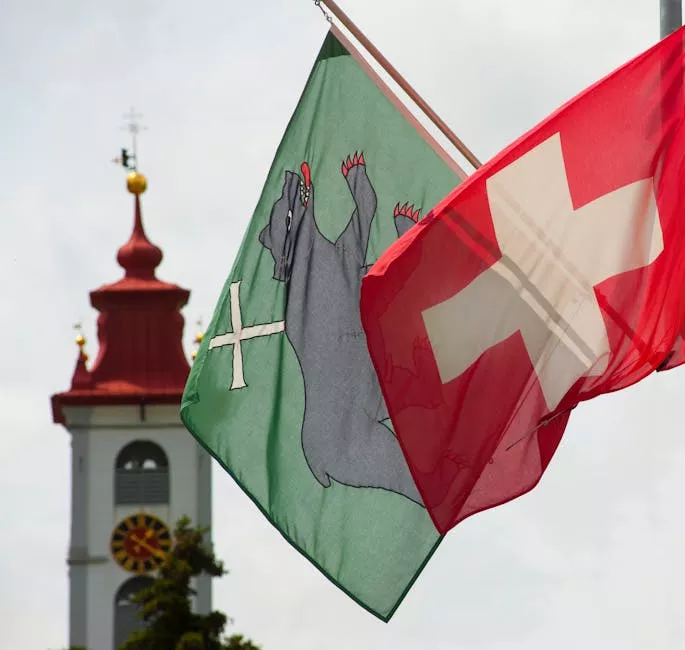Italy Extradites Ukrainian Ex-Officer in Nord Stream Blast Case
Former Ukrainian military officer Serhiy Kuznetsov will be extradited from Italy to Germany to face charges related to the Nord Stream pipeline sabotage.

Italy has approved the extradition of Serhiy Kuznetsov, a former Ukrainian military officer, to Germany where he will face charges of anti-constitutional sabotage in connection with the Nord Stream pipeline explosions that shocked Europe in September 2022.
The Arrest and Legal Proceedings
Kuznetsov's extradition marks a significant development in the ongoing investigation into one of the most consequential acts of sabotage in recent European history. The former Ukrainian officer was detained in Italy on a German arrest warrant, setting in motion a complex legal process that has now culminated in his transfer to German custody.
German prosecutors are expected to formally charge Kuznetsov with anti-constitutional sabotage, a serious offense under German law that carries substantial prison sentences. The charge suggests that German authorities believe they have gathered sufficient evidence linking him to the pipeline attacks that sent shockwaves through European energy markets.
The Nord Stream Sabotage Context
The Nord Stream pipelines, which carried Russian natural gas directly to Germany under the Baltic Sea, were severely damaged by underwater explosions in September 2022. The incident occurred amid heightened tensions between Russia and the West over the Ukraine conflict, leading to widespread speculation about the perpetrators and their motives.
The pipeline attacks effectively ended any possibility of resumed Russian gas deliveries to Europe through this critical infrastructure, further escalating the energy crisis that had already gripped the continent. The sabotage raised questions about underwater infrastructure security and the vulnerability of critical energy systems during times of geopolitical tension.
Geopolitical Implications
The extradition of a Ukrainian national in connection with the Nord Stream attacks carries profound geopolitical implications. If proven guilty, the case could complicate the narrative surrounding the pipeline sabotage and potentially strain relations between Ukraine and its Western allies at a crucial time in the ongoing conflict with Russia.
European investigators have been working intensively to uncover the truth behind the attacks, with various theories proposed about state involvement and the operational capabilities required for such a sophisticated underwater operation. The case against Kuznetsov represents the most concrete legal action taken thus far in the investigation.
International Legal Cooperation
The successful extradition demonstrates the effectiveness of European legal cooperation mechanisms, even in highly sensitive cases with significant political ramifications. Italy's decision to approve the transfer underscores the commitment of EU member states to support judicial proceedings in major security matters.
As the case proceeds in German courts, it will likely attract intense international attention and could provide crucial insights into the planning and execution of the Nord Stream sabotage operation that reshaped European energy security considerations.






